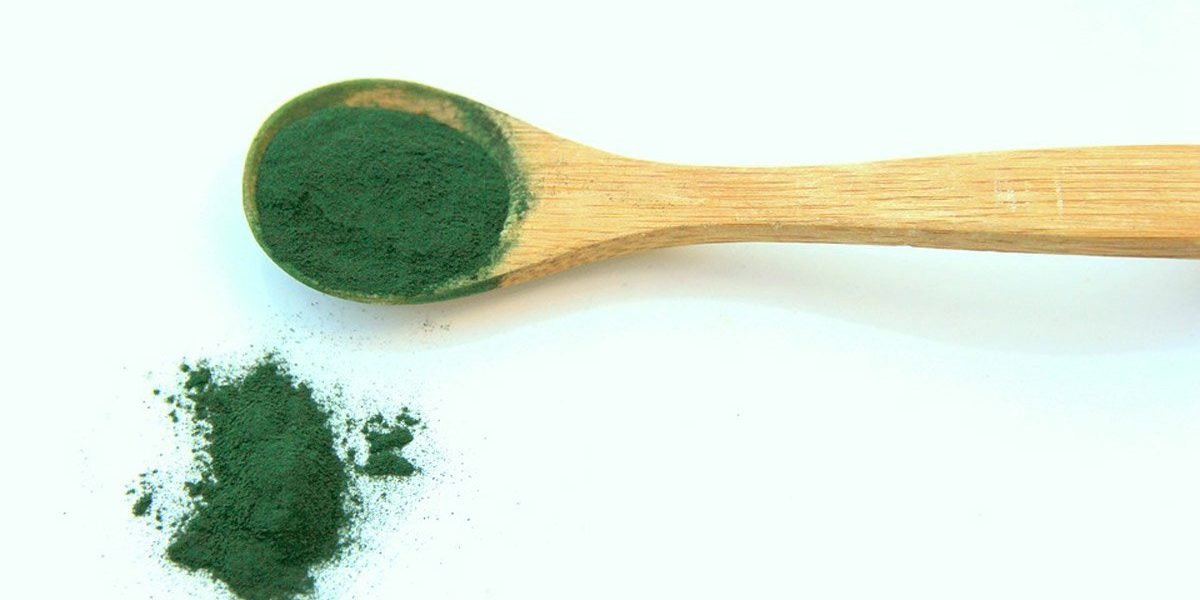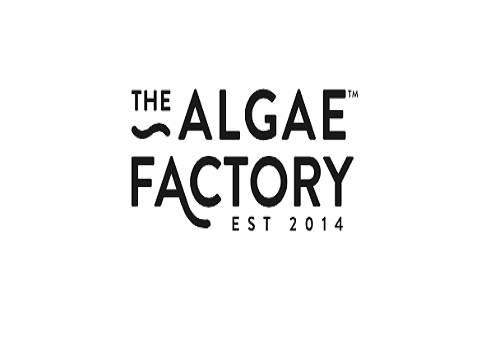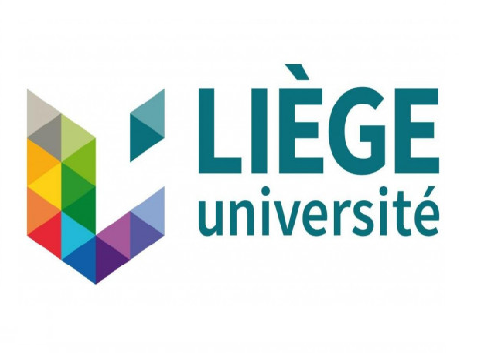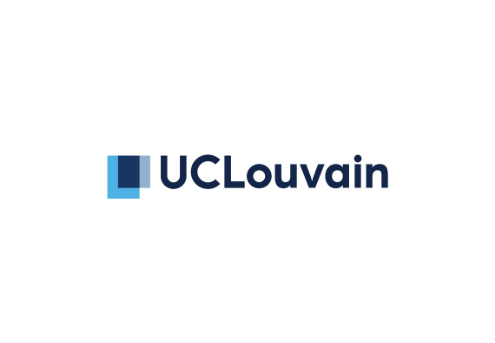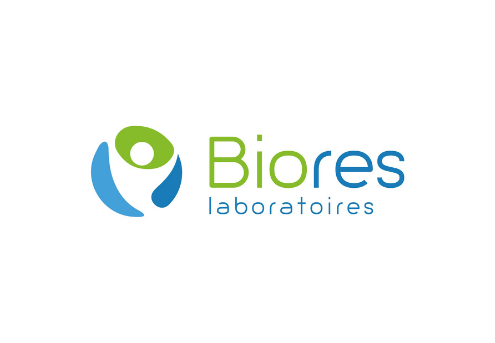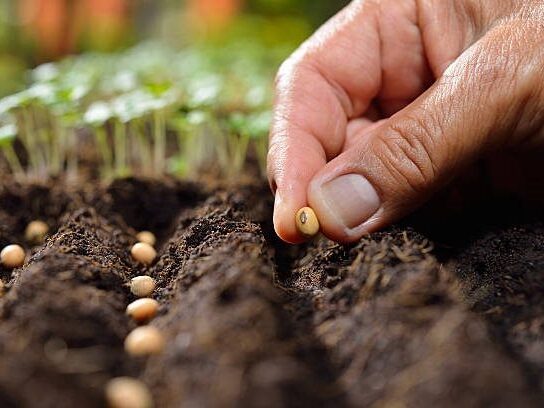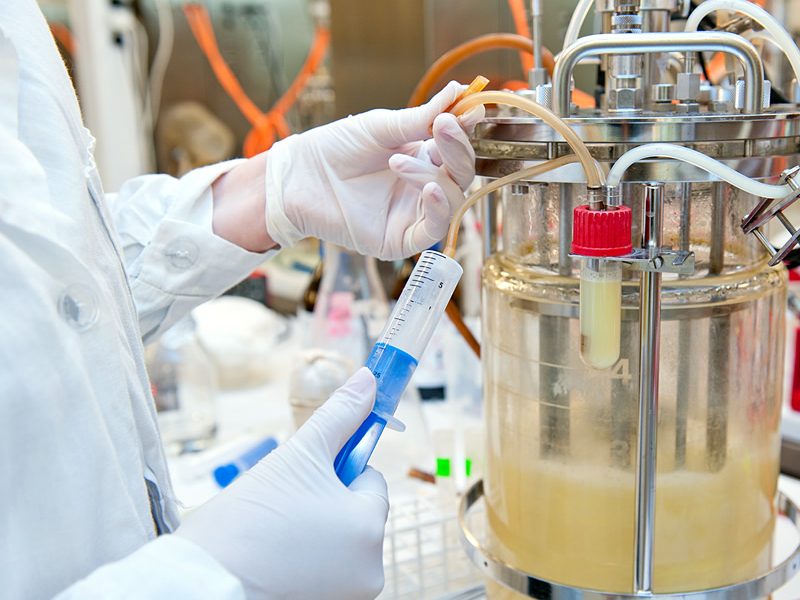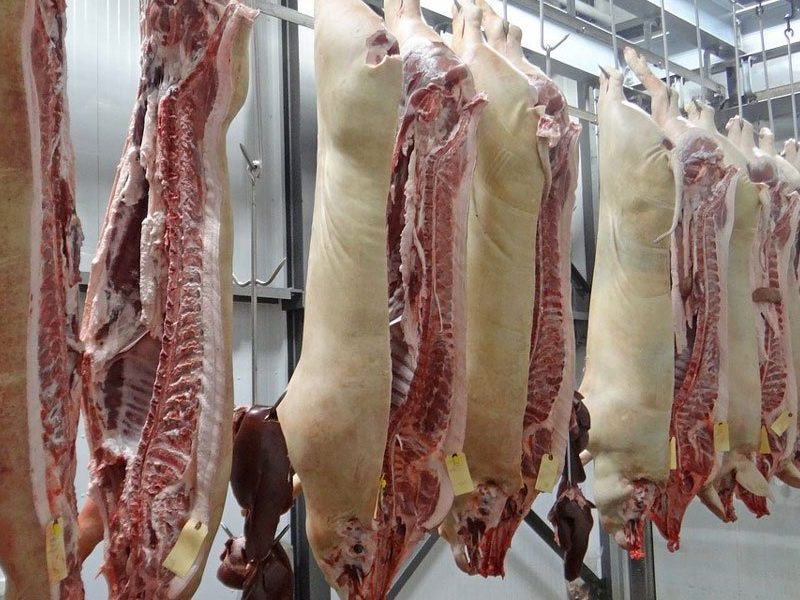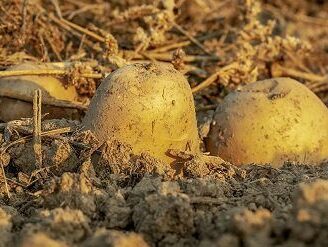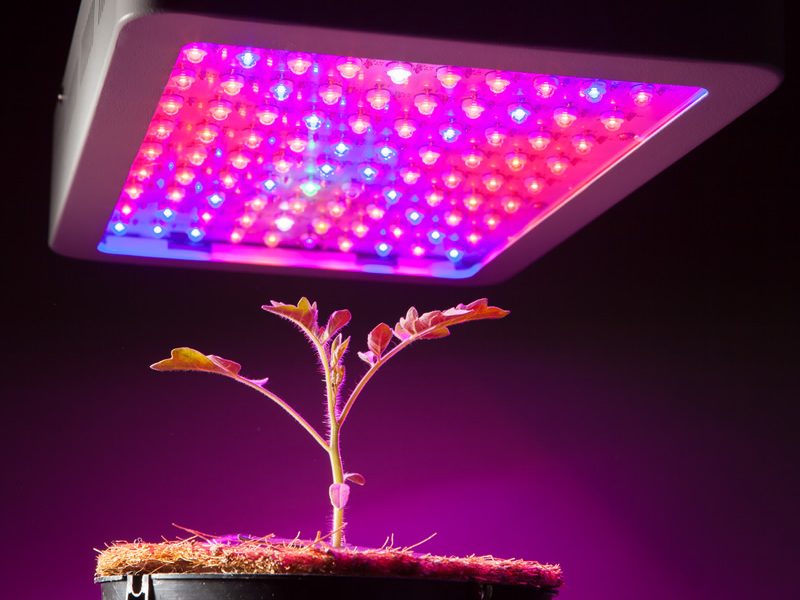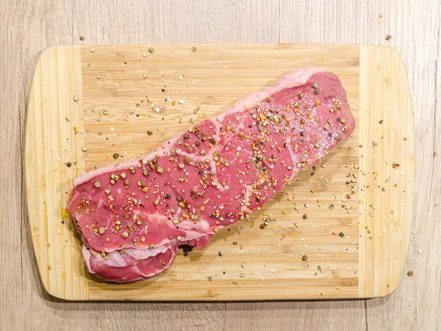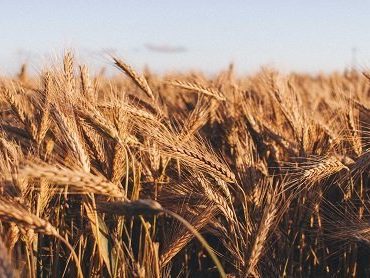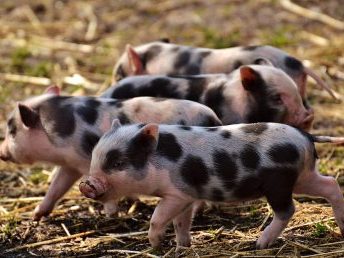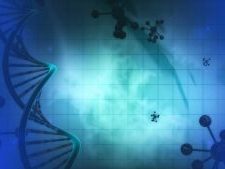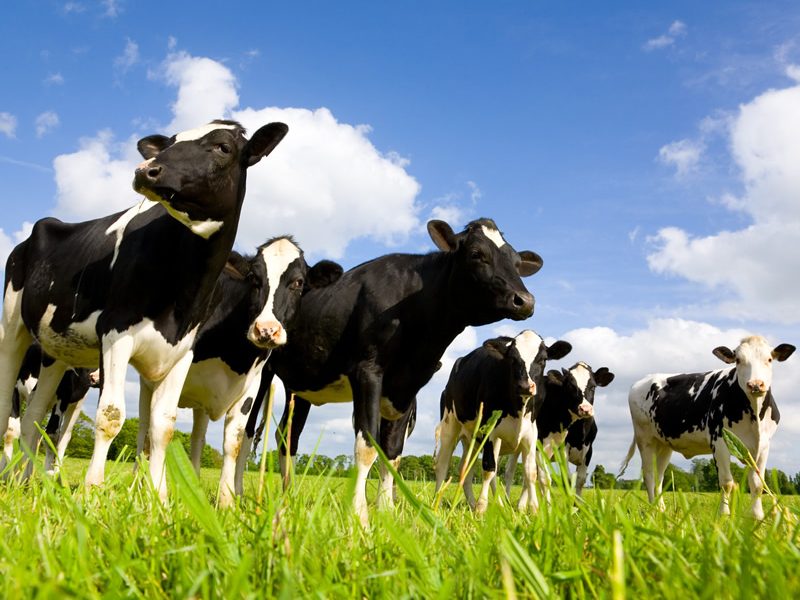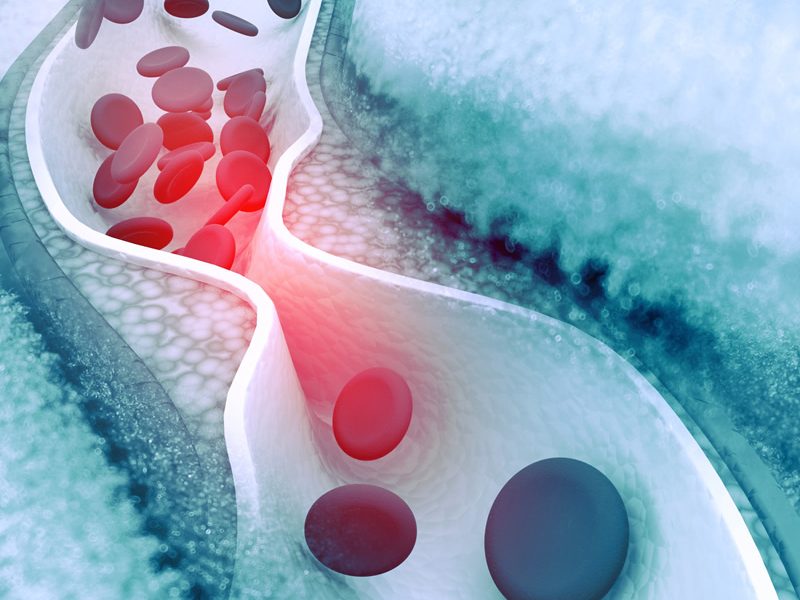Cardiovascular problems are a challenge for society. The preventive approach through diet and dietary supplements is preferred nowadays, with 84% of practitioners saying that they give priority to integrative medicine which treats the root causes rather than the symptoms, for instance. Accordingly, the treatment of hypercholesterolemia constitutes a preventive approach to cardiovascular risks.
Statins, in the form of medication or of dietary supplements (monacolin K, or red yeast rice) are widely used to reduce cholesterol levels but are not devoid of undesirable side effects. In this connection, the European Food Safety Authority (EFSA) recently issued an opinion setting out its concerns about the adverse health effects of using monacolin K-based food supplements. There is consequently an urgent need to develop and provide alternative natural solutions.
With the support of WAGRALIM, companies from the Walloon region have acquired recognized expertise in the food supplement sector and will seize the opportunity that is opening up under these circumstances to increase their market share.
Against this background, the purpose of the CASH project is to develop new food supplements based on citrus fruit and blue algae of the Cyanophyceae family (the best known being spirulina), known for their hypocholesterolemic and anti-inflammatory effects to fight against cardiovascular risks related to atherosclerosis.
An international cooperation scheme by and between companies and research centres has been set up to tackle this challenge. The University of Liège, the Catholic University of Louvain and the Charles Viollette Institute of the University of Lille will bring their respective expertise to bear in support of the project of the Walloon companies, the Tilman Laboratories and the Bories Laboratories. These laboratories have identified active natural substrates and plan to transform them by means of enzymatic hydrolysis or fermentation so as to bio-optimize and make them more effective by improving their biodiversity.
Several studies have shown on natural extracts that biotransformations such as fermentation increased the nutritional value of the substrate while boosting its activity.
Finally, the keystone of the project, i.e. the effects of food supplements, will be demonstrated by a multi-centre, double-blind clinical study coordinated by the Centre for Clinical Investigation in Nutrition of the Catholic University of Louvain.
Consortium


